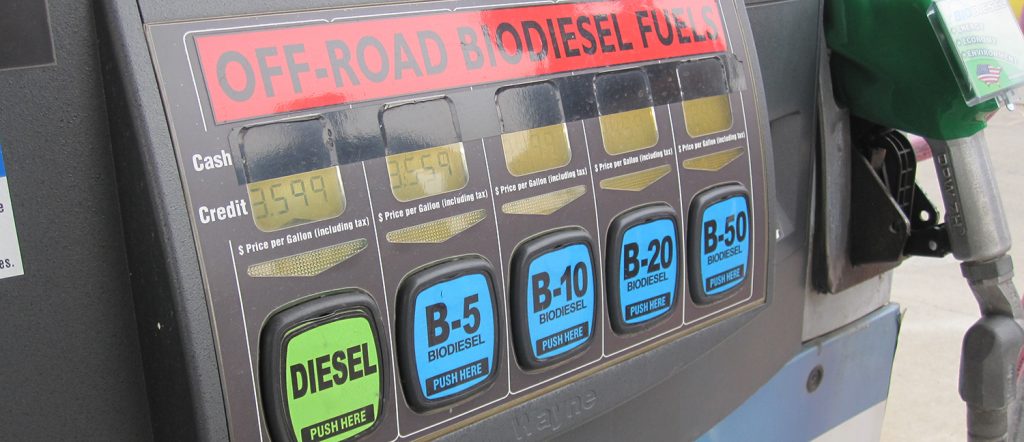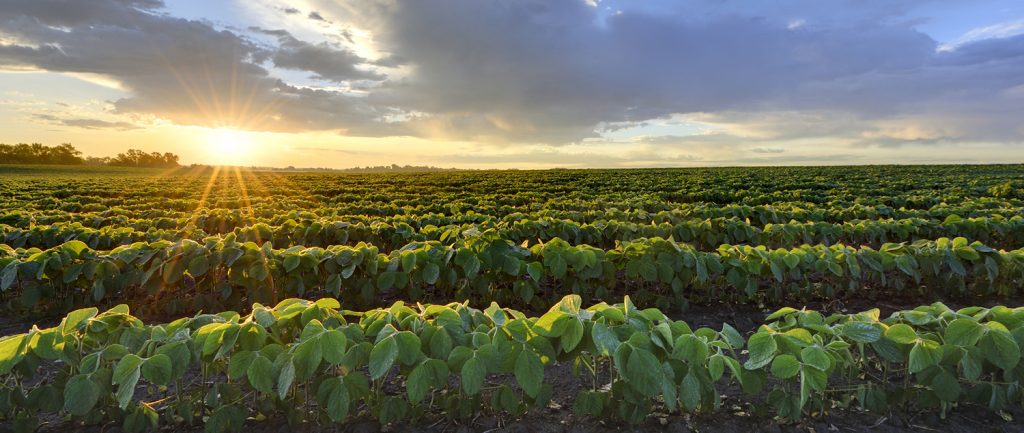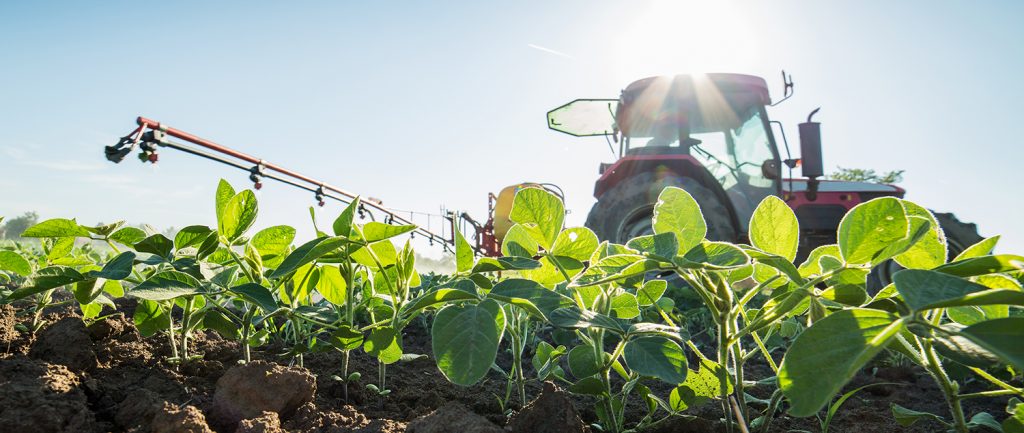The average Minnesota farmer is 55 years old, and only four percent of Minnesota farmers are under the age of 35.
“We need to keep doing something for young farmers,” Sen. Al Franken told Minnesota Soybean Growers Association (MSGA) leaders during a Capitol Hill visit this week. “We need them.”
During the 2017 legislative session, Gov. Mark Dayton signed the Food Production Credit, a first-of-its-kind law aimed toward allowing younger or beginning farmers streamlined access to renting or purchasing land.
“The concept has been around for awhile, but finally got passed this session,” says MSGA lobbyist Cory Bennett. “It’s a very simple piece of legislation and should prove beneficial to young farmers.”
The tax credit is offered to any Minnesotan who has been in agriculture within the past decade and intends to serve as the primary worker of the farm. The beginning farmer cannot be related to the current owner of the agricultural assets the farmer intends to purchase or rent.
The credit is equivalent to 5 percent of the sale price, 10 percent of the cash rent or 15 percent for a cash share deal.
Beginning farmers can receive a tax credit up to $1,500 for taking a qualified financial management course, but do not receive tax credits for buying land or other farm-related items.
The credits will be offered from fiscal year 2018 through 2022 and will be issued on a first-come, first-served basis.
An estimated $5 million to $6 million will be available to beginning farmers each year. The credit will take effect beginning in 2018.
Other states offer a similar credit for rented land, but Minnesota went even further by allowing a credit for selling land.
Bennett believes the bill, co-sponsored by Minnesota State Sen. Mike Goggin (R-Red Wing) and Rep. Nels Pierson (R-Rochester), could start a nationwide trend.
“I wouldn’t be surprised if you saw this kind of credit start popping up in other states,” he says. “It makes a lot of sense. “







